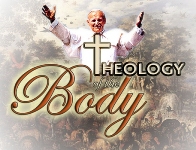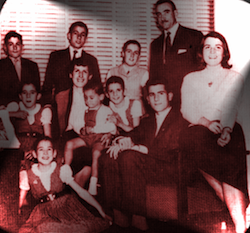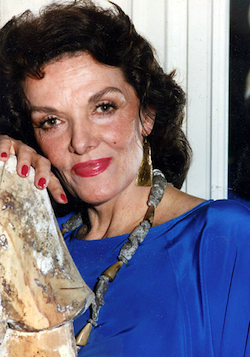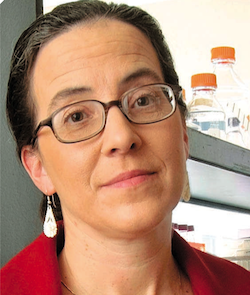 The National Catholic Register is in the midst of examining the rich catechesis of JP II’s Theology of the Body through a series of articles.
The National Catholic Register is in the midst of examining the rich catechesis of JP II’s Theology of the Body through a series of articles.
It started with an introductory article from Cardinal Justin Rigali:
The theology of the body is not over our heads. It is deep in our hearts.
Teachers do not take shortcuts. In fact, every great teacher patiently leads the student from the known to the unknown. Pope John Paul II began with the known, that is, the familiar teaching of Jesus as recounted in the 19th chapter of the Gospel of St. Matthew. The Pharisees want to take a shortcut around Jesus. But there is no shortcut around Jesus, who is the beginning, the center and the goal of history. Nonetheless, the Pharisees pressure him with the question, “May a man divorce his wife for any reason whatever?” Jesus responds that there are no shortcuts when it comes to the meaning of marriage. In fact, Jesus insistently teaches that to understand the truth about marriage we must go back “to the beginning”; we must go back to the moment of creation. Jesus refuses the shortcut and firmly responds: “Have you not read that from the beginning ‘the Creator made them male and female’ (Genesis 1:26-27). … ‘For this reason a man will leave his father and mother and unite with his wife, and the two will be one flesh’ (Genesis 2:24)?”
Pope John Paul II proceeded step-by-step. He dedicated careful, thorough and extensive consideration to the words of Jesus in the Gospel of St. Matthew, the Book of Genesis and the teaching of St. Paul.
Read more – especially if you want a good overview of the TOB.
Then Colin Donovan discussed how the TOB fits with Church tradition:
Theology is “faith seeking understanding” (St. Anselm), so while the faith does not change, the Church’s understanding of it deepens.
At first glance, the theology of the body seems entirely new. Instead of studying the objective natures of things, as Catholic philosophers have traditionally done, it reflects on human experience, in order to discover the essential elements of experience as they appear in the consciousness of the human person.
Since it concerns human “experience,” and not human nature, its critics often view it as a purely subjective method, incapable of producing universally valid results.
As it turns out, the philosopher Karol Wojtyla (later Pope John Paul II) agrees with some of this criticism.
Future articles will be coming daily it looks like so stay tuned to NCR (I will try point them out here as I see them as well)!


 When I read the news of the passing of actress Jane Russell (
When I read the news of the passing of actress Jane Russell ( Alright! I finally got around to reading
Alright! I finally got around to reading